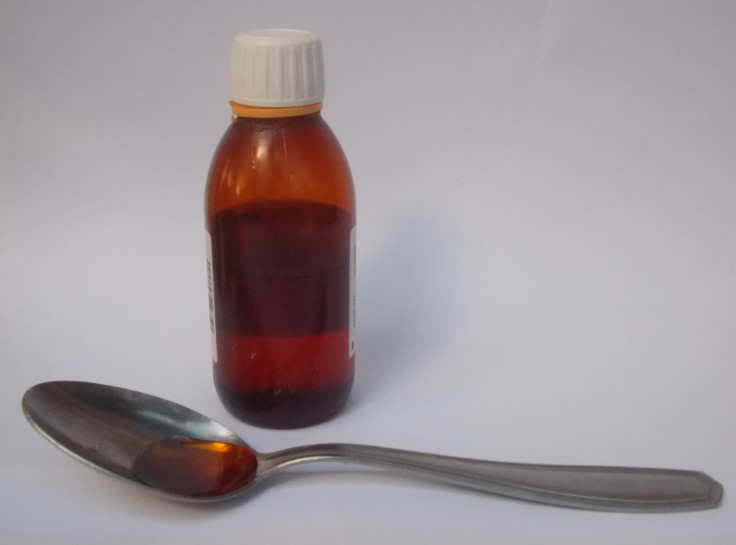Toxic industrial-grade ingredient found in cough syrup made in India: Report
In April this year, the WHO flagged another batch of India-manufactured cough syrup.

The India-manufactured cough syrups linked to the deaths of 19 children in Uzbekistan contained toxic industrial-grade materials instead of pharmaceutical-grade ingredients, according to media reports.
The deaths due to poisoning after the children consumed cough syrup produced by an Indian pharmaceutical firm, Marion Biotech, took place in Uzbekistan in December last year.
The product in question, Dok-1 Max syrup and Ambronol cough, produced by Marion Biotech, an Indian pharma company, is marketed as a treatment for cold and flu symptoms. The company did not test the cough syrups before exporting them to Uzbekistan, Reuters quoted the investigators as saying.
A contaminated batch of the syrup proved fatal for the kids who had taken the medicine for colds and cough, according to the health ministry in Uzbekistan. Marion, however, has maintained that it was not involved in any wrongdoing.
The Indian government was forced to launch an investigation into the incident. It suspended the firm's licence after the WHO issued a global medical alert for two cough syrups manufactured by the company.
According to the Reuters report, the company used propylene glycol (PG) bought from trader Maya Chemtech India, which only manufactures industrial-grade materials and not pharmaceutical-grade ingredients. PG is a toxic material used in liquid detergents, antifreeze, paints, or coatings, as well as pesticides.
Companies sometimes mix propylene glycol with inexpensive diethylene glycol and ethylene glycol for sweetening purposes. Both are highly toxic, colourless, and viscous liquids.
In April this year, the WHO flagged another batch of India-manufactured cough syrup, months after it issued a similar alert for contaminated cough syrups produced in India.
The agency issued an alert for India-made syrups sold in the Marshall Islands and Micronesia. It said that the cough syrups were found to contain "unacceptable amounts of diethylene glycol and ethylene glycol."
The regulators have been asked to increase surveillance of supply chains. The WHO has also asked manufacturers to test the raw materials used in such syrups.
The alert essentially implies that the product is unsafe to use and may even result in serious injury or death. Diethylene glycol and ethylene glycol can cause abdominal pain, vomiting, diarrhoea, headaches, acute kidney injury, and even death.
These are the same substances that were found in syrups in Gambia and Uzbekistan last year. These contaminants were linked to as many as 70 deaths in the Gambia and 18 deaths in Uzbekistan due to acute kidney injury.
The government of the Republic of The Gambia was forced to suspend the use of all paracetamol syrups. It even collected paracetamol and promethazine syrup from rural households. Lapses were also found in the inspection of the manufacturing facility of the pharmaceutical company whose cough syrup was linked to the deaths in Gambia.
The World Health Organisation first learned of contaminated medicines after the Gambian medical authorities saw a noticeable increase in cases of acute kidney injury in children under the age of five last year. They reported last month that dozens of children in their country had died as a result.
Last week, the agency issued another alert for seven India-made syrups linked to over 300 deaths across the globe. The alert does not mean that the agency has taken direct action against the manufacturer, it is essentially meant to warn all stakeholders and avoid such incidents in the future.
It also needs to be noted that India is the world's largest exporter of generic drugs. The recent incidents have put the country under the scanner. It has now become compulsory for Indian companies to ensure that their cough syrups have been tested before export, per an order issued by the Indian government. The directive came into effect in June, according to a report in Hindustan Times.
© Copyright IBTimes 2024. All rights reserved.






